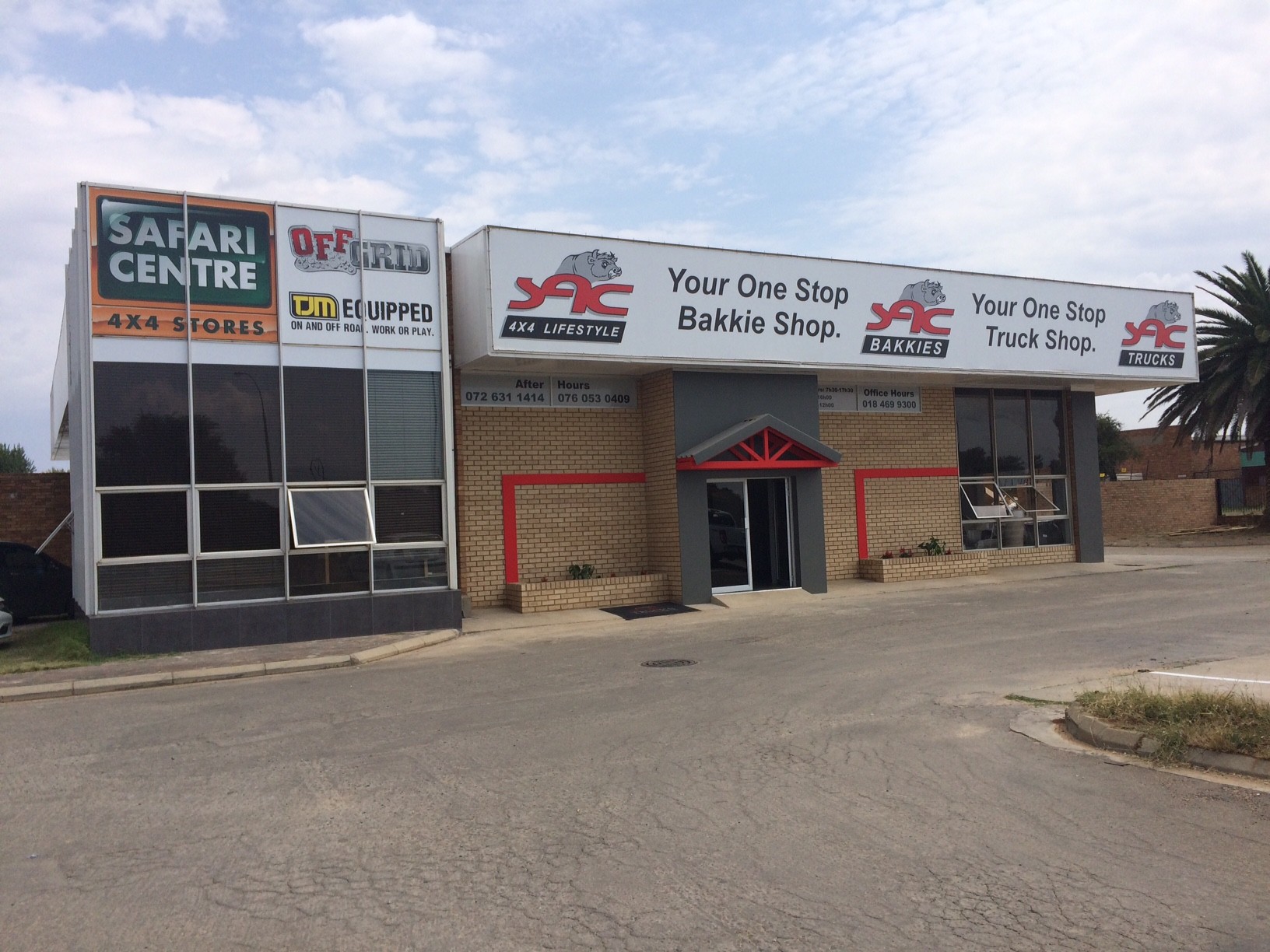It is no secret that as global populations increase, the need for energy will continue to rise. There is however much discussion around the impact that conventional energy sources pose to the environment, and how energy providers are being driven to find available and environmentally sustainable sources for future energy production.
Crude oil has long been humanity’s go-to source of energy; being the quintessential element in the production of fuels and lubricants in the automotive space.
There are however a number of disadvantages associated with the exploration and use of this fossil fuel type. According to chemical experts, up to 97% of oil derived from drilling operations comprise of hydrocarbons, an organic compound existing solely of hydrogen and carbon.
When these hydrocarbons are used as a fuel and burnt, they release a number of airborne pollutants and toxins, including smog-forming particles that cause asthma and other health problems, as well as carbon dioxide, a major heat-trapping gas, and a major contributor to global warming.
And the concern is global, affecting all nations. According to America’s Union of Concerned Scientists, in the United States alone, oil used for transportation is directly responsible for around 30% of the nation’s global warming pollution.
In light of this, global engine technology has made significant advances in recent years, and as such, vehicle manufacturers are redesigning engines in order to produce greater power and efficiency, while decreasing its carbon footprint. This shift has created a general market move towards synthetic premium oils which feature lower-viscosities of consistently high quality. These oils allow drivers to get the most from today’s high-performance engines, as well as reducing their individual carbon footprints.
As the base oil in a lubricant makes up approximately 75-90% of the composition of an engine oil, manufacturers are investing significant amounts in ensuring that synthetics agents are used in the production of these fuels and lubricants so as to reduce the amount of harmful by-products produced.
The answer lies in natural gas, a cleaner-burning alternative to crude. As the cleanest-burning hydrocarbon, natural gas produces around half the carbon dioxide, and just one tenth of the air pollutants when compared to the burning of coal to generate electricity.
It’s abundant; and if consumption remained at today’s levels, there would be enough recoverable gas resources to last around 230 years. According to the International Energy Agency, global demand for natural gas due to its advantages is gaining momentum, and could rise by more than half by 2040.
Furthermore, natural gas provides a versatile alternative to conventional energy sources. For example, a gas-fired power station takes much less time to start and stop than a coal-fired plant. This flexibility makes natural gas a good partner to renewable energy sources like solar and wind power, which are only available when the sun shines and the wind blows.
It is for these reasons that Shell has invested heavily in the natural gas sector, and from it has developed lubricants featuring PurePlus Technology – an entirely new way of producing base oils from natural gas, the main component of motor oils. As the first synthetic engine oil designed from natural gas, the revolutionary processes of Shell PurePlus technology converts natural gas into a crystal-clear base oil with virtually none of the impurities found in crude oil.
The revolutionary process of transforming natural gas into a base oil begins with the gasification of the substance, where the methane from this natural gas reacts with pure oxygen to form produce synthesis gas. This synthesised product is then fed through a reactor and converted to a liquid form called syncrude. The syncrude is then fed into a hrydrocracker to break down the various molecules while forming new ones; with these new molecules being distilled into GTL (Gas-to-liquid) products, including Shell’s PurePlus base oils. GTL products are colourless and odourless, and contain almost none of the impurities – sulphur, aromatics and nitrogen – found in crude oil.
A prominent characteristic of PurePlus technology is its ability to protect across a wide spectrum of extreme temperatures. In the case of many modern engines equipped with turbochargers, the oil lubricating this essential part can reach temperatures of up to 1,000°C in a matter of minutes. As seen in the majority of lubricants, this high-temperature oxidation can lead to the damage of lubricant molecules, essentially causing the oil to thicken and thus reduce its ability to protect engine components. Shell’s technology provides up to 32% greater resistance to oil degradation when compared with industry standards.
In many colder northern countries, temperatures may plummet to below zero during winter months. Shell’s PurePlus technology provides superior low temperature flow even at -40 degrees. The lubricant’s lower viscosity allows it to flow faster at low temperatures, in addition to it flowing up to three times faster for easier starting and quicker engine warmup. Oil thickening due to high-temperature degradation can mean slower oil flow at low temperatures.
Its low evaporation properties allow consumers to save both time and money as top-up durations will be extended, and evaporates up to 50% slower than conventional engine oils. Moreover, the less friction between engine parts, the more easily the parts can work and move – and the less fuel you will burn. Shell Helix Ultra with PurePlus Technology has low-viscosity, low-friction formulations, which can result in up to 3% greater fuel economy.
Additionally, Shell adds its proprietary Active Cleansing Technology to PurePlus Technology base oils to create Shell Helix Ultra. This unique combination enables Shell Helix Ultra to provide even higher levels of cleansing and protection – meaning that no other motor oil keeps your engine closer to factory clean.
It is this kind of innovation and future-forward thinking that makes Shell not only a leader in its sector, but a pioneer in the implementation of new technologies that allow for low-carbon energy solutions that increase energy efficiency and reduce total emissions.











